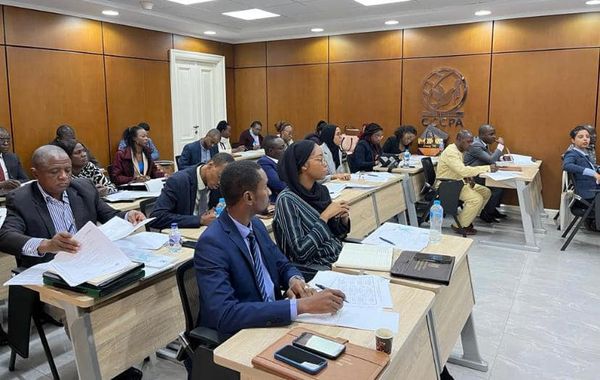Diplomatic Education and Training

Diplomats typically undergo specialized education and training to prepare for their roles in representing their countries on the international stage. Here are some key aspects of diplomatic education and training:
-
Educational Background:
- Many diplomats hold advanced degrees, often at the master's or even doctoral level. Degrees in international relations, political science, law, economics, or related fields are common. A solid educational foundation provides diplomats with the knowledge and analytical skills needed for their roles.
-
Foreign Service Exams:
- In some countries, entry into the diplomatic service is through competitive exams. These exams assess candidates' knowledge of international affairs, history, politics, and language skills. Successful candidates often move on to specialized training programs.
-
Diplomatic Academies and Institutes:
- Many countries have diplomatic academies or institutes that offer training programs specifically designed for aspiring diplomats. These programs cover a range of subjects, including diplomatic history, negotiation techniques, protocol, and language proficiency.
-
Language Proficiency:
- Proficiency in foreign languages is crucial for diplomats. Many diplomatic services require candidates to demonstrate proficiency in at least one or more languages in addition to their native language. Language training is often part of the diplomatic education process.
-
International Law and Treaties:
- Diplomats need a strong understanding of international law and treaties. This includes knowledge of diplomatic immunity, treaties, and the legal frameworks that govern international relations.
-
Protocol and Etiquette:
- Diplomats must be well-versed in diplomatic protocol and etiquette. This includes understanding the proper conduct of diplomatic meetings, official events, and social interactions.
-
Negotiation and Mediation Skills:
- Training in negotiation and mediation is essential for diplomats. These skills are crucial for resolving conflicts, reaching agreements, and navigating diplomatic challenges.
-
Cultural Sensitivity Training:
- Diplomats often undergo training to enhance their cultural sensitivity and cross-cultural communication skills. This is important for building positive relationships with individuals from diverse backgrounds.
-
Simulation Exercises:
- Diplomats may engage in simulated exercises and role-playing scenarios to practice their diplomatic skills. These exercises can simulate real-world diplomatic challenges and help diplomats hone their decision-making abilities.
-
On-the-Job Training:
- Practical, on-the-job training is a significant component of diplomatic education. New diplomats often undergo a period of training within their home country's foreign ministry or diplomatic service before being assigned to overseas postings.
-
Continuing Education:
- Diplomats engage in continuous learning throughout their careers. This may include participation in workshops, seminars, and courses to stay updated on global issues, new diplomatic practices, and emerging challenges.
Diplomatic education and training aim to equip diplomats with the knowledge, skills, and cultural awareness necessary to effectively represent their countries and navigate the complexities of international relations. The nature and structure of these programs can vary between countries and diplomatic services.
Thank you,
